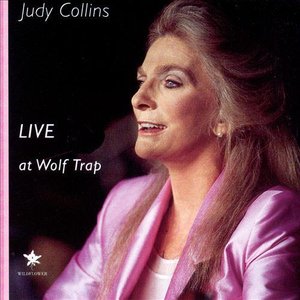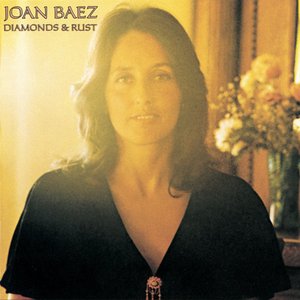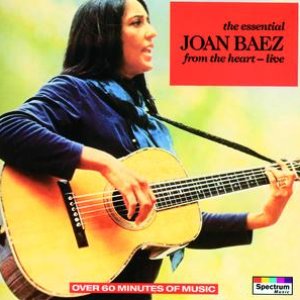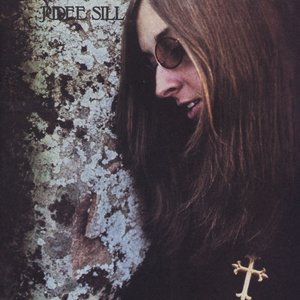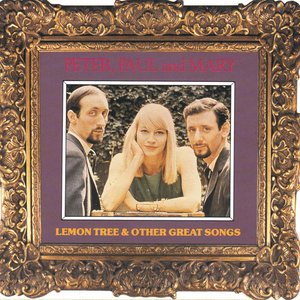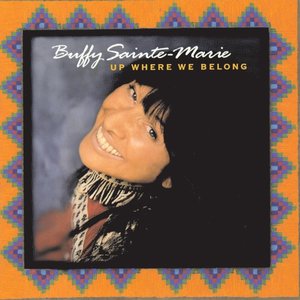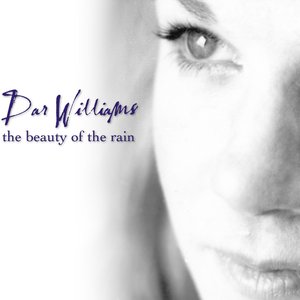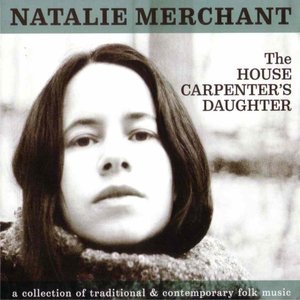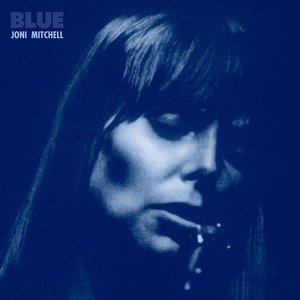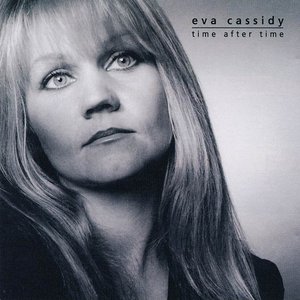Wiki
-
Length
4:07
"Amazing Grace" is a well-known Christian hymn by Englishman John Newton and first appeared in print in Newton's Olney Hymns (1779).
John Newton and the lyrics to Amazing Grace
John Newton, the author of the lyrics to Amazing Grace, was born in 1725 in Wapping, London, United Kingdom. Despite the powerful message of "Amazing Grace," Newton's religious beliefs initially lacked conviction; his youth was marked by religious confusion and a lack of moral self-control and discipline.
After a brief time in the Royal Navy, Newton began his career in slave trading. The turning point in Newton's spiritual life was a violent storm that occurred one night while at sea. Moments after he left the deck, the crewman who had taken his place was swept overboard. Although he manned the vessel for the remainder of the tempest, he later commented that, throughout the tumult, he realized his helplessness and concluded that only the grace of God could save him. Prodded by what he had read in Thomas à Kempis' Imitation of Christ, Newton took the first step toward accepting faith.
These incidents and his 1750 marriage to Mary Catlett changed Newton significantly. On his slave voyages, he encouraged the sailors under his charge to pray. He also began to ensure that every member of his crew treated their human cargo with gentleness and concern. Nevertheless, it would be another 40 years until Newton openly challenged the trafficking of slaves.
Some three years after his marriage, Newton suffered a stroke that prevented him from returning to sea; in time, he interpreted this as another step in his spiritual voyage. He assumed a post in the Customs Office in the port of Liverpool and began to explore Christianity more fully. As Newton attempted to experience all the various expressions of Christianity, it became clear that he was being called to the ministry. Since Newton lacked a university degree, he could not be ordained through normal channels. However, the landlord of the parish at Olney was so impressed with the letters Newton had written about his conversion that he offered the church to Newton; he was ordained in June 1764.
In Olney, the new curate met the poet William Cowper, also a newly-converted Christian. Their friendship led to a spiritual collaboration that completed the inspiration for "Amazing Grace," the poem Newton most likely wrote in Kineton, Warwickshire around Christmas 1772. The lyrics are based on his reflections on an Old Testament text he was preparing to preach on, adding his perspective about his own conversion while on his slave ship, the Greyhound, in 1748.
Newton's lyrics have become a favourite for Christians, largely because the hymn vividly and briefly sums up the doctrine of divine grace. The lyrics are based on 1 Chronicles 17:16-17, a prayer of King David in which he marvels at God's choosing him and his house. Newton apparently wrote this for use in a sermon he preached on this passage on New Year's Day 1773, and for which he left his sermon notes, which correspond to the flow of the lyrics. (He entitled the piece "Faith's review and expectation.")
The song has also become known as a favorite with supporters of freedom and human rights, both Christian and non-Christian, in part because many assume it to be Newton's testimony about his slave trading past.
The hymn was quite popular on both sides in the American Civil War.
Extra verses
In her novel Uncle Tom's Cabin, Harriet Beecher Stowe quoted three stanzas as seemingly from one hymn, two of them corrupt versions of Amazing Grace stanzas, and one reading:
When we’ve been there ten thousand years,Despite its relatively poor mesh with the rest of the hymn (the change from "I" to "we," change of subject, no reference for "there"), a form of this stanza became common as part of Amazing Grace in hymnals in the early twentieth century, due in large part to the influential hymnodist and publisher Edwin Othello Excell. While the stanza is often credited to John P. Rees (1828-1900), it antedates his birth. It was in print by 1790, added to an old and widely-varied hymn most usually beginning "Jerusalem, my happy home", and was still appearing as part of this hymn in books published around the time of Stowe's book,
Bright shining like the sun,
We've no less days to sing God’s praise
Than when we first begun.
Music
As with other hymns of this period, the words were sung to a number of tunes before and after they first became linked to the now familiar variant of the tune "New Britain" of which the composer is unknown and which is in William Walker's shape-note tunebook Southern Harmony, 1835.
"New Britain" first appears in a shape note hymnal from 1829 called Columbian Harmony. The melody is believed to be Scottish or Irish in origin; it is pentatonic and suggests a bagpipe tune; the hymn is frequently performed on bagpipes and has become associated with that instrument. This tune seems to have been firmly established as the 'standard' for this hymn after an arrangement of it appeared in a series of popular hymnbooks in the early twentieth century.
Track descriptions on Last.fm are editable by everyone. Feel free to contribute!
All user-contributed text on this page is available under the Creative Commons Attribution-ShareAlike License; additional terms may apply.

